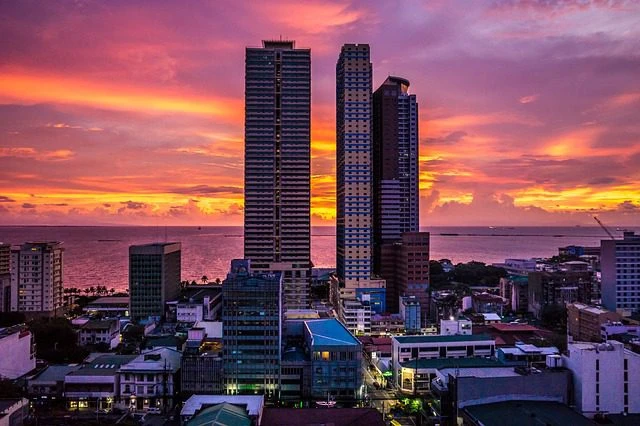Philippines senator files anti-POGO act to “remove all traces”

Last week, Philippine President Ferdinand Marcos Jr announced a ban on Philippine Offshore Gaming Operations (POGOs). Effective immediately, the ban gave the industry until the end of 2024 to wind down.
This week, Senator Joel Villanueva proposed anti-POGO legislation to make the ban permanent and compel POGOs to close within 30 days.
The senator is a longtime critic of POGOs, which have been linked to kidnapping, human trafficking and even murder.
A protracted battle
In September 2022, Villanueva filed Senate Bill No 1281, the Anti-Online Gambling Act. It called for the abolition of the industry and “wagers or bets (placed) through the internet in any form”.
His new legislation, Senate Bill No 2752, would work by repealing the legislation that taxes POGOs.
Operators who fail to close would face 12-20 years behind bars and a fine of PHP100m (€1.6m/£1.3m/US$1.7m). “Foreign offenders” would also be deported “after service of sentence”.
An editorial in the Philippine Star applauded the ban, saying: “The only question is why the order took so long.”
A popular proposal
Marcos’ ban, announced on 22 July before the house of representatives, brought lawmakers to their feet in a standing ovation. Villanueva said the president “delivered the right message, not only anticipated, but also needed by Filipinos”.
The anti-POGO bill is necessary, he said, to ensure future administrations do not “invite the POGOs back”.
Alejandro Tengco, of the Philippine Amusement and Gaming Corp (Pagcor), has defended law-abiding POGOs. “We should not blame and demonise our licensed gaming operators,” he said last month. “Our licensees pay taxes and they help provide legitimate jobs and livelihood to a lot of people.”
Villanueva replied: “The evidence of crimes and social ills from POGO operations immensely overwhelm the benefits the Filipinos get from the taxes they pay.”
More reforms needed
The Star editorial blamed “regulatory failure” for allowing POGOs to become “criminal hubs”. It demanded that Pagcor follow through on plans to divest of its casino assets and become a regulator only.
The editors also called for strict monitoring of late-birth registration, which is when a birth certificate is filed after the first year of birth. The practice “not only allowed foreigners to work illegally in the Philippines, but apparently even to run for elective office”.
That was a reference to suspended small-town mayor Alice Guo, linked to crimes at a POGO in Bamban. Guo claimed Philippine citizenship, but investigators found she was actually a Chinese national named Guo Hua Ping. Guo is suspected of underwriting the operation with funds that may have originated in China.
After failing to appear at two separate court hearings, Guo dropped out of sight and a warrant was issued for her arrest. She has yet to surface.
